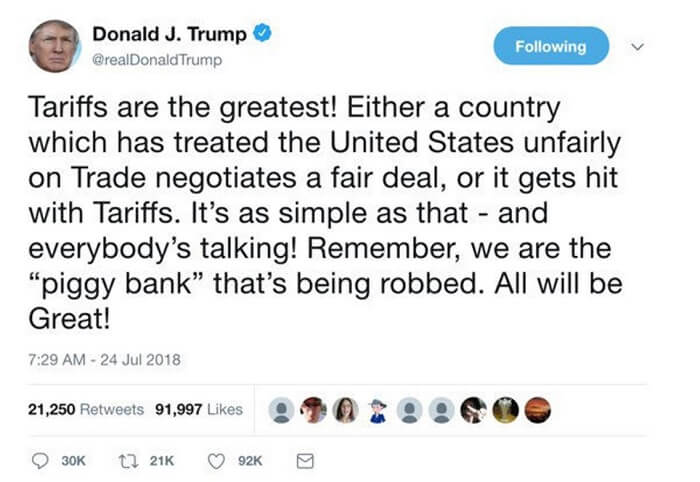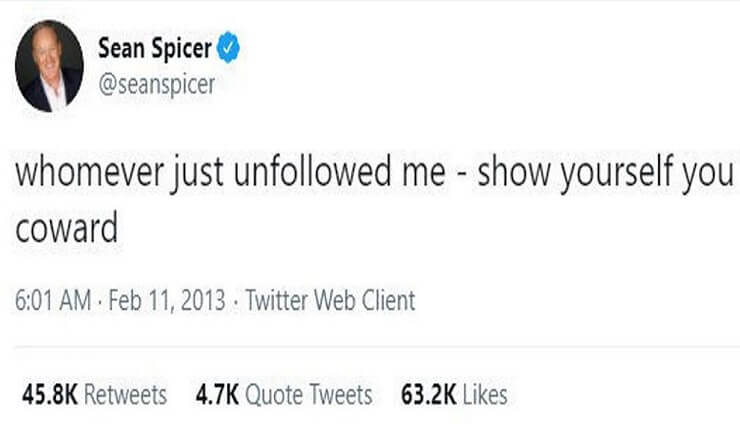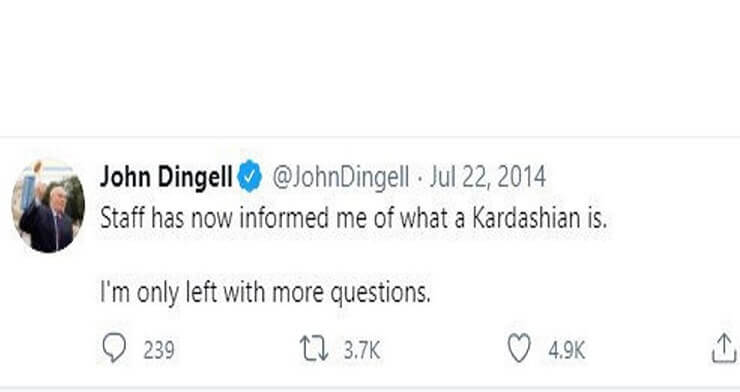Twitter anchors its roots so deeply in the lifestyle that even political turn overs are easily handled by the Tweets. This is being evident in many countries, especially during the Preident election in USA. Tense geopolitical exchanges are no longer confined to press briefings and closed-door meetings. Nowadays, many of them play out on Twitter.
In 2017, one such exchange happened when North Korea announced it had a nuclear missile capable of reaching parts of the US, raising the terrifying prospect of the isolated state starting a nuclear war. And Twitter was the primary medium through which the story developed.

From the beginning of the crisis until President Trump met the North Korean leader, Kim Jong-un, on June 30, 2019 – the first time a US President has met his North Korean counterpart – the world watched anxiously as tweets conveyed the highs and lows of the episode.
Notable moments included Mr Trump indirectly calling Mr Kim “short and fat”, as well as labelling him “little Rocket Man”. This was in response to Mr Kim calling him old. At the beginning of 2018, Mr Trump also tweeted “will someone from his depleted and food starved regime please inform Chairman Kim Jong-un that I too have a Nuclear Button, but it is a much bigger & more powerful one than his, and my Button works!”

Twitter is also used by Iran’s Supreme Leader, Ayatollah Ali Khamenei, to spread his ideology and attack other countries. This can include threatening to “uproot” Israel, which he describes as a “cancerous tumour”. Sometimes, such propaganda is not even disseminated by real humans. The Iranian regime has reportedly used fake Twitter accounts, or bots, to spread such material.
Political figures have also used Twitter to spread misleading information about Covid-19. After a fake-news investigation in early October, the platform was forced to take down the accounts of 16 high-profile supporters of Brazilian President Jair Bolsonaro.

When politicians misjudge tweets, they can also invite swift ridicule. A well-remembered example occurred during Canadian Prime Minister Justin Trudeau’s visit to India, when he uploaded an image of him in lavish traditional Indian clothing, including a turban. The famously politically correct leader was derided by his critics for misunderstanding modern India and even cultural appropriation.
But most people think that when managed wisely, Twitter is a powerful tool to connect with the society or being social. With much of recent years’ great power tension conducted over Twitter, it is worth considering whether a username and password are the new nuclear codes. And whether a pocketed iPhone is the new ‘football’.

The most important aspect of a US president’s handover to their successor – though the details are never publicised – is the transfer of codes to authorise a nuclear strike. In the US, these codes are contained in a briefcase, known as the “football”, which is carried by a military aide who never leaves the President’s side.
There is, of course, no replacing the catastrophic power of nuclear weapons. But politicians – and Twitter itself – should remember the incredible new power they now wield.




![The Top & Most Popular Seafood Bucket Restaurants in Dubai for you [Never Miss]](https://uae24x7.com/wp-content/uploads/2020/09/8-seafood-in-a-bucket-scaled-e1600739237403.jpg)
![Procedures for Renewing the Driving License in Abu Dhabi [3 Simple Steps]](https://uae24x7.com/wp-content/uploads/2020/07/Capture-9-e1595666454466.jpg)





